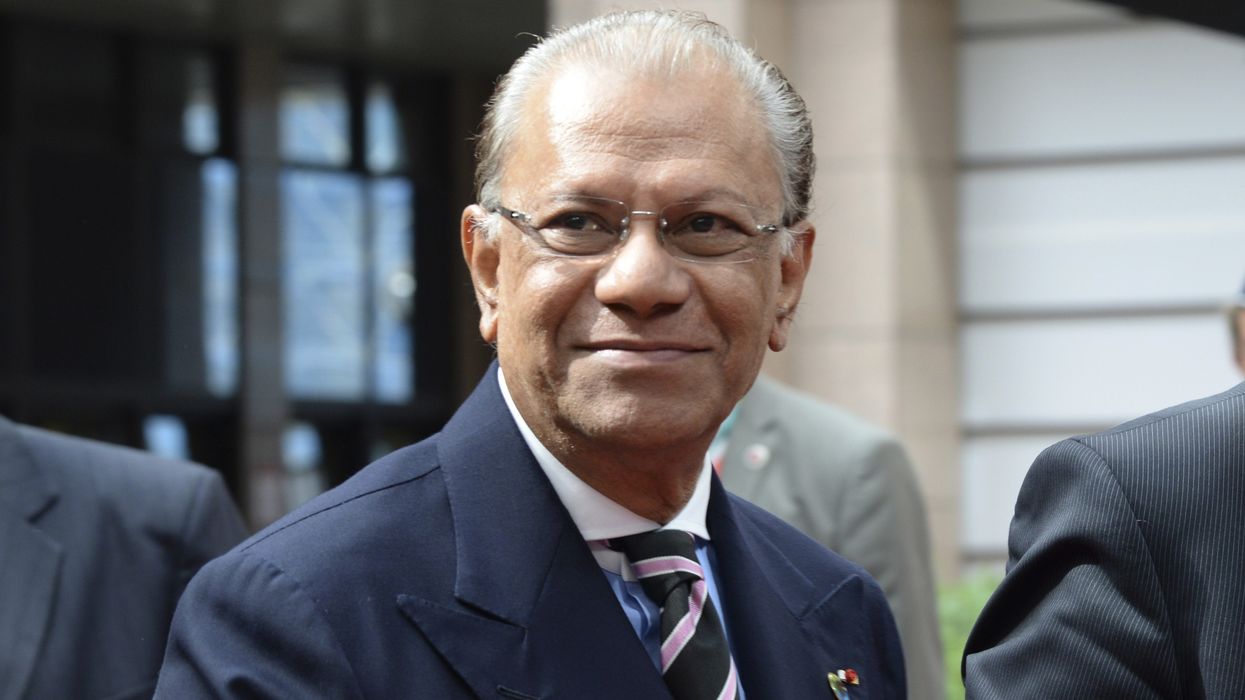MAURITIUS has rejected an agreement brokered by Keir Starmer to transfer sovereignty of the Chagos Islands, leaving weeks to finalise a deal before Donald Trump’s inauguration.
The deal, originally signed with Mauritius’ former government, involves the UK leasing the Diego Garcia military base for millions of pounds while ceding the islands to Mauritius.
Navinchandra Ramgoolam, Mauritius’ new prime minister, and his deputy, Paul Bérenger, have raised concerns about aspects of the agreement. Ramgoolam stated he “did not agree” with parts of the deal, while Bérenger criticised the UK for “nitpicking about the compensation,” according to The Times.
The Mauritian government has sought increased compensation and questioned the 99-year lease terms for Diego Garcia, a US military base hosting B-52 bombers and other critical assets. The US, wary of Mauritius' ties to China, has expressed concerns that the base’s security might be compromised under Mauritian sovereignty, the newspaper reported.
Despite the resistance, Starmer remains committed to complying with a 2019 UN resolution awarding sovereignty of the islands to Mauritius.
The UK has dispatched its national security adviser, Jonathan Powell, to Mauritius and Washington DC to push for the deal’s finalisation. The Biden administration has supported the agreement, with Secretary of State Antony Blinken offering economic incentives to Mauritius in a bid to secure the deal.
Ramgoolam, however, has stood firm, stating that Mauritius has made a counter-proposal and will continue negotiations, The Times reported. “We do not agree with certain things contained in the agreement concluded on October 3,” he told Mauritian MPs after speaking with Blinken.
The Chagos Islands, separated from Mauritius by the UK in 1968, have been at the centre of controversy since their native inhabitants, the Chagossians, were forcibly removed to make way for the US base. Under the proposed deal, Chagossians would be allowed to visit the islands but not return permanently to Diego Garcia.
The UK government remains optimistic, stating that the Mauritian prime minister is willing to finalise an agreement that benefits both parties.





